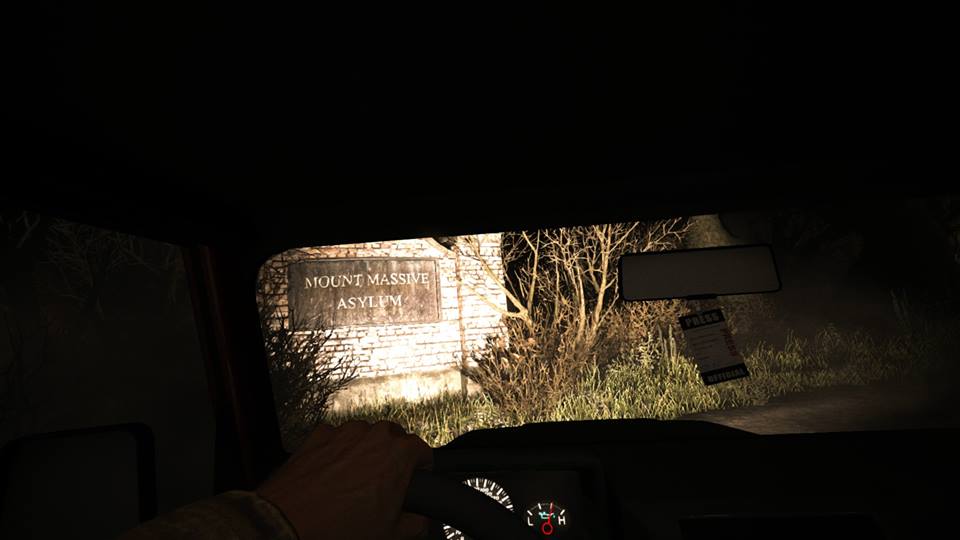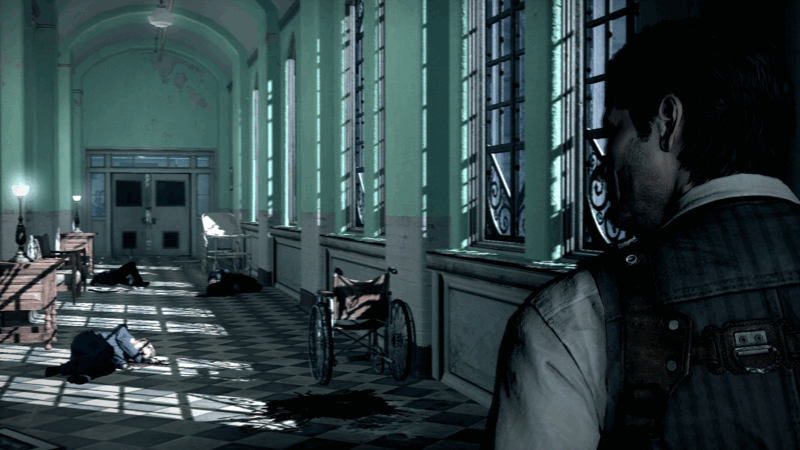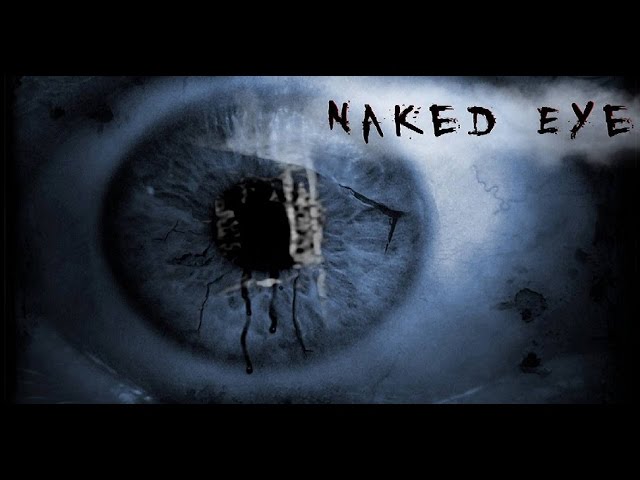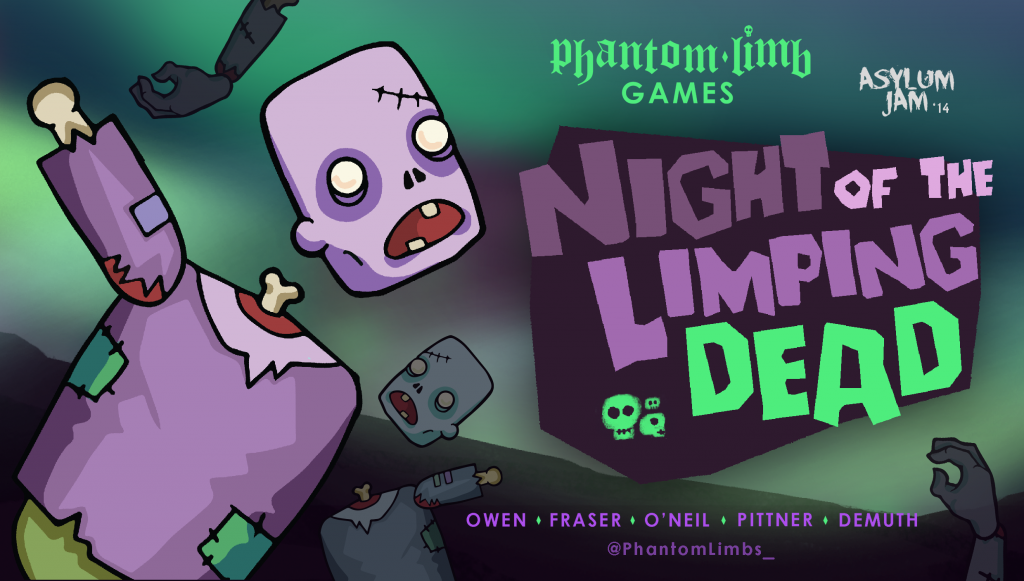Now in its fourth year, Asylum Jam is a 48 hour game jam where developers must create a horror game. There is just one catch. “The only rule,” explains Jam creator Lucy Morris, “is that you can’t use inaccurate stereotypes.” This includes using, “psychiatric institutes, medical professionals or violent/antipathic/’insane’ patients as settings or triggers.” The ironic name was crowdsourced from participants of the original 2013 Jam.
Mental illness in video games has repeatedly been used as a convenient plot device. What easier way to make a player uneasy than by letting them loose in an abandoned psychiatric hospital where they have to encounter the scary and violent “crazy” people? Care providers don’t fare much better in these games either. Typically, they are found to be engaging in nefarious experiments on their charges. It’s a horrifying proposition, but it’s also problematic.

Outlast
Before we tackle this issue, I quite enjoy horror games and I’m also a writer. I understand how difficult it is to justify a character’s motivation to do horrible things. Things that may seem inconceivable to the audience. It can be quite tempting to just chalk it up to some form of “insanity” and call it a day. The trouble is that this depiction is not only lazy, it’s inaccurate. Mental illness sufferers are more likely to be the victims of violence than the perpetrators.
Even games which present the violent tendencies as a result of dark experimentation rather than a patients specific mental illness can be damaging. It suggests that patients are so far removed from “normal” society that they can be abused with impunity. Abused, even by the medical staff with whom they’ve entrusted their care. This is important because seeking help is vital to treating mental illness. People might not seek necessary help if they worry about being treated like a “crazy” person, as depicted in popular media.

The Evil Within
I know what it’s like to have to seek help for mental illness. It’s terrifying to worry that family, friends, and co-workers will treat you differently if you are honest with them about your struggles. Nobody wants to be perceived as abnormal or unhinged so most of us just put on a brave face and do our best not to see ourselves in these sensationalized depictions.
Challenging Stigma and Changing Perceptions
Asylum Jam offers creators a chance to explore different and often deeper facets of horror. This isn’t a matter of censoring what’s already out there, but of creating something new. Showing that there are other things to be afraid of in the dark.

2015 Asylum Jam Winner: Naked Eye
The optional theme for this year’s Jam is “Escape Room.” The actual event will be taking place from November 11 to the 13th. No registration is required, but developers must be a GameJolt member to participate. Joining GameJolt will also allow you to vote on winners after the Jam has ended.
Mental illness affects a large portion of society. We shouldn’t necessarily seek to restrict media based on its portrayals of this vulnerable population, creators need to be free to explore their darker ideas in the safe context of fiction. Video games play a large role in that. Rather, developers should recognize the stigma surrounding mental health and not always rely on it as a crutch to prop up their story.

2014 Asylum Jam Winner: Night of the Limping Dead
There are things far more scary than someone who has a mental illness. I’m looking forward to this year’s Asylum Jam to show off the ways we can scare ourselves without stigmatizing others.
Joanna Mueller
Latest posts by Joanna Mueller (see all)
- Super Seducer Offers ‘Controversial’ Pick-up Advice - February 14, 2018
- Terraria: Blood Moons & Misogyny - December 11, 2017
- Authentically Combat Gun Violence With Thoughts & Prayers: The Game - November 7, 2017
